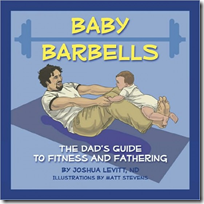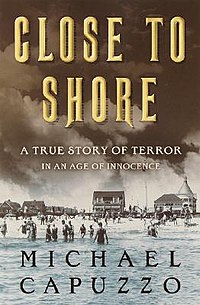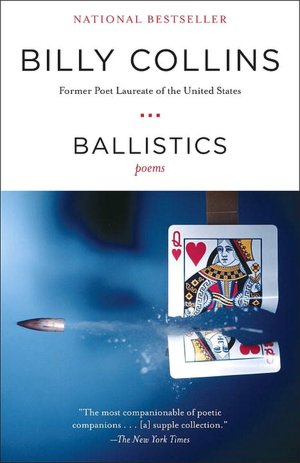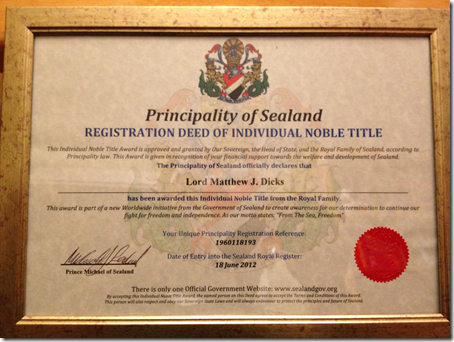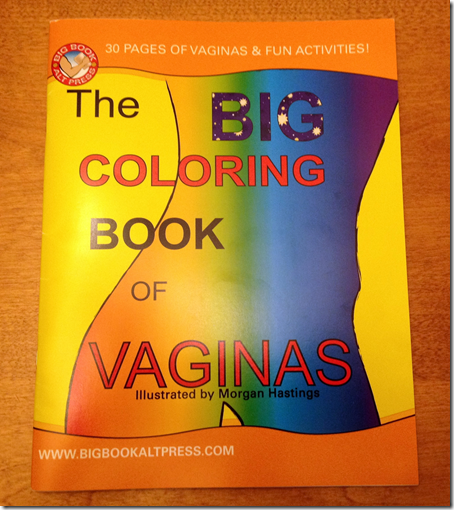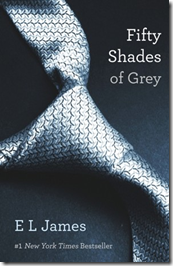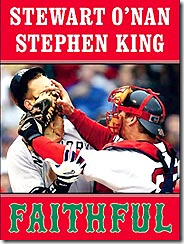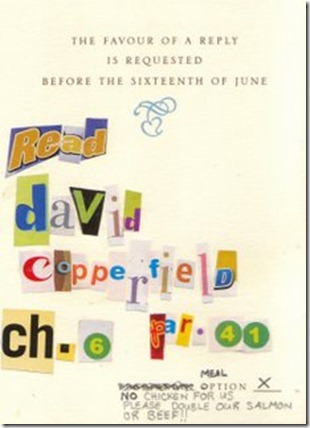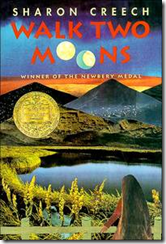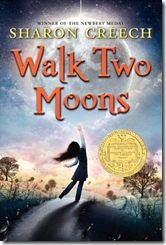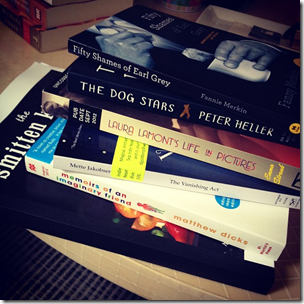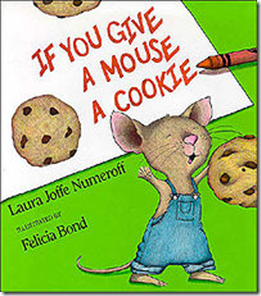Ann Kingman and Michael Kindness
/Imagine:
You launch a podcast in order to share your passion about books and story with the world. You dedicate your time, money and expertise to the cause.
In return, you expect nothing. In fact, you actively reject opportunities to profit from your enterprise.
As a result of your time and effort, a community of like-minded people is born. It is an extraordinary group of extraordinary people, but it is a group that would have never come together without your efforts. Lifelong friendships flourish. Bicoastal bonds are born. Introverts like those who Susan Cain spoke about in her now-famous TED Talk are given pathways to meeting new people who share their same passion and values. Stories are shared. Books are passed from hungry reader to hungry reader.
It’s a real community that did not exist and then did.
It’s an amazing story. Honestly.
But you are not finished. Not even close.
You decide to bring the community together in real life. You plan a weekend. You assemble a group of authors. You assemble a group of readers from the community. You most assuredly lose money in the process, but in the process, magic happens.
Authors meet authors, and lifelong friendships are established.
Readers meet readers, and lifelong friendships are established.
Readers meet authors, authors meet readers, and they discover that they are all simply book lovers at heart.
For some, it is the best three days of their year.
Magic.
And you do all this without an eye towards profit or growth or income or fame. You do this simply because you want to spend time meeting people in the community that you have helped to create. You do this because you care about the people in that community.
But you are not finished. Not even close.
The following year you bring the community together again. Not just once but three times, to locations stretching from coast to coast, insisting every step of the way to make these retreats unconscionably affordable even though members of the still-growing community would pay three or four or five times your fee in order to attend and consider it a bargain.
But you prefer to keep the cost low, your stress level high and your workload almost unmanageable because you insist on placing every member of the community ahead of yourself.
Once again friendships are born. Relationships are strengthened. Readers and authors come together in conversation around their mutual love of books.
Magic.
Next year you’ll do it again. The stress and workload will remain the same, but you don’t care. It’s what you do.
Most astounding of all, you think this is normal. You think that anyone would have done it this way, this how. You don’t think that what you’ve done is terribly special. You think it’s the members of the community who make this special, and while this may be true, you fail to realize that you are the single most important members of the community.
All of this would never have happened without you.
You have done something great. Something amazing. Something rarely done before.
But you don’t have time to listen to such nonsense. There is a new podcast to record. A new retreat to plan. A new book to read. A new story to recommend.
The people who I have described exist. They are Ann Kingman and Michael Kindness, hosts of Books of the Nightstand, a weekly podcast about books. But after reading this, I hope that I have made it clear that their hosting duties are just a tiny part of what they do.
I have spent the last five years publishing books. In that time, my life has grown and changed in ways that I could have never imagined. The blessings that my novels have brought to my life are incalculable.
I rate Ann and Michael’s friendship and my membership in the Books on the Nightstand community among the very best of these blessings.
If you love books, do yourself a favor:
Give their podcast a listen. Become a member of the community. Join us for a retreat. Meet Ann Kingman and Michael Kindness, the two people who have made all this possible.


